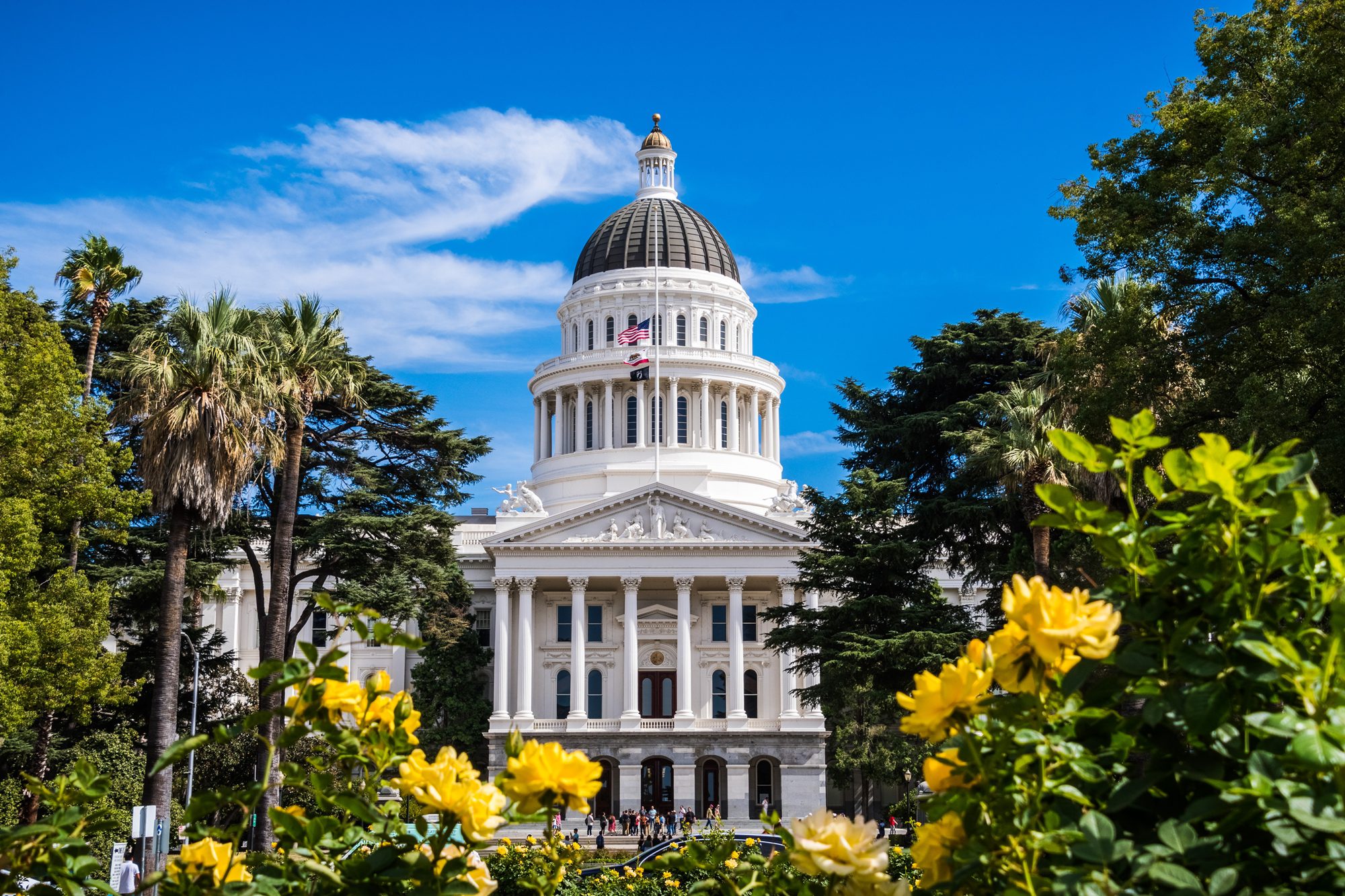- Governor rejects SB 682, citing affordability and market impacts.
- Bill would have phased out PFAS in multiple product categories.
- Supporters and opponents pledge to keep working on alternatives.
Wednesday, October 15, 2025 — Governor Gavin Newsom vetoed California’s SB 682, a bill that would have banned PFAS chemicals in cookware, cleaning products, and packaging. He cited concerns about affordability and product availability, urging continued collaboration to phase out “forever chemicals” without burdening consumers.
California’s SB 682, a bill that would have banned PFAS chemicals in cookware, cleaning products, and packaging. He cited concerns about affordability and product availability, urging continued collaboration to phase out “forever chemicals” without burdening consumers.
What the Bill Sought to Do.
Product scope and dates. SB 682 would have barred the sale or distribution of products with intentionally added perfluoroalkyl and polyfluoroalkyl substances beginning January 1, 2028, for cleaning products, dental floss, juvenile products, food packaging, and ski wax, and beginning January 1, 2030, for cookware. Previously used items and any federally preempted products would have been exempt.
would have barred the sale or distribution of products with intentionally added perfluoroalkyl and polyfluoroalkyl substances beginning January 1, 2028, for cleaning products, dental floss, juvenile products, food packaging, and ski wax, and beginning January 1, 2030, for cookware. Previously used items and any federally preempted products would have been exempt.
Enforcement approach. The Department of Toxic Substances Control would have enforced the prohibitions using existing powers, including product testing and administrative penalties. Manufacturers would have needed to provide a certificate of compliance upon request and would have been exempt from separate registration and fees.
Limited allowances for cleaning tools. Until January 1, 2031, certain inaccessible electronic or internal mechanical parts in cleaning products, such as O-rings and gaskets, could have contained PFAS, with the manufacturer bearing the burden to show any detected PFAS came only from those components.
Legislative rationale. The bill recited findings that PFAS are persistent chemicals found widely in U.S. tap water and in human blood, and that exposure has been associated with health concerns.
The Veto: Governor’s Reasoning.
Governor Gavin Newsom vetoed SB 682 on October 13, 2025. In his letter , he wrote that while he shares the goal of phasing out PFAS in consumer products, the bill’s broad scope “would result in a sizable and rapid shift in cooking products available to Californians,” and he is “deeply concerned about the impact this bill would have on the availability of affordable options in cooking products.” He asked stakeholders to continue work on solutions that reduce PFAS without sacrificing access to everyday goods.
, he wrote that while he shares the goal of phasing out PFAS in consumer products, the bill’s broad scope “would result in a sizable and rapid shift in cooking products available to Californians,” and he is “deeply concerned about the impact this bill would have on the availability of affordable options in cooking products.” He asked stakeholders to continue work on solutions that reduce PFAS without sacrificing access to everyday goods.
What Happens Next.
The veto means California’s new statewide prohibitions described in SB 682 will not take effect. Supporters and opponents have indicated they will continue discussions on targeted approaches and feasible transitions for consumers and manufacturers.
FAQ
What are PFAS?
Known as “forever chemicals,” PFAS are synthetic chemicals used for nonstick, stain-resistant, and water-repellent properties. They persist in the environment and can accumulate in people and wildlife.
What products would SB 682 have covered?
Cleaning products, dental floss, juvenile products, food packaging, ski wax beginning in 2028, and cookware beginning in 2030, with exemptions for used goods and federally preempted items.
Why did the Governor veto the bill?
He cited concerns that the broad scope would quickly reduce available and affordable cookware options and urged continued work on PFAS reductions without limiting access to household goods.
Does the veto change existing California PFAS rules?
No. The veto only stops SB 682 from becoming law. Other California statutes and regulations addressing PFAS remain in place.



